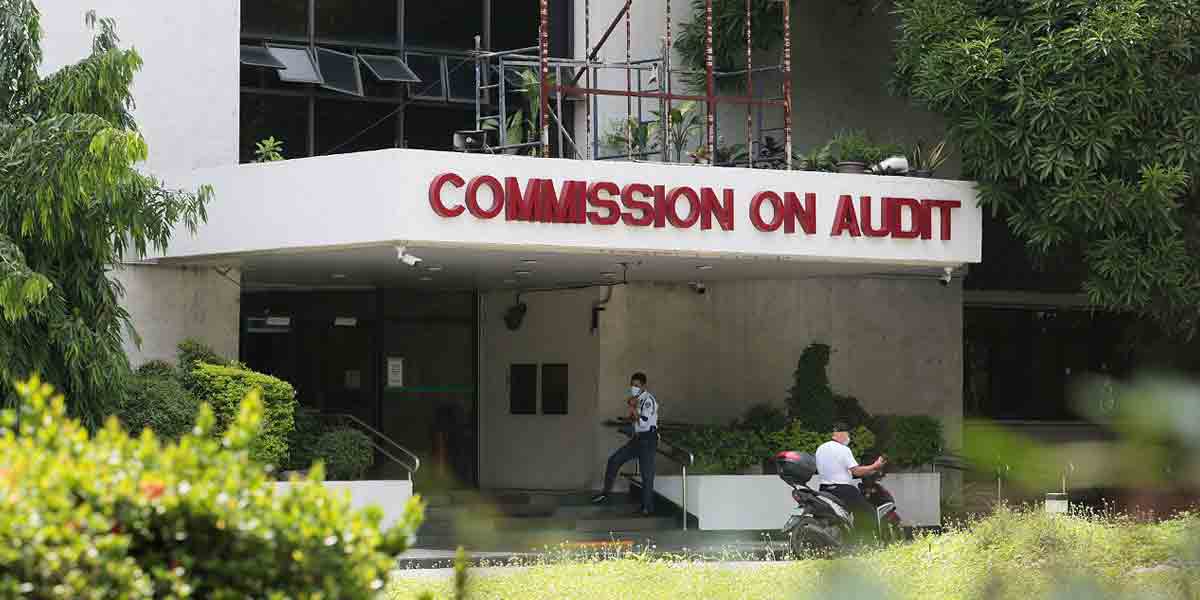By James Jimenez
There’s no such thing as a small oil spill, and the recent oil spill in Manila Bay is no exception. Thursday, last week, the Philippine-flagged tanker Terra Nova, en route to Iloilo carrying about 1.4 million liters of industrial fuel oil, sank in Manila Bay, reportedly after encountering huge waves. Setting sail from Bataan following days of torrential rains and rough seas brought about by Typhoon Gaemi, Terra Nova took on water and capsized nearly 7km (4.3 miles) off Limay municipality in Bataan province. According to coast guard spokesperson Rear Admiral Armando Balilo, the crew had struggled to steer the tanker back to port, but to no avail. In the process, one crew member lost his life.
Balilo also noted that the oil slick from the demise of Terra Nova, which stretched about 3.7 kilometers, may have actually come from the fuel that powered the tanker, and not from the oil cargo it was carrying in watertight tanks. While it still isn’t known whether those tanks have kept their integrity – if those tanks leak, this will be the biggest oil spill in Philippine history – the proximity of the accident to the coastline raises the spectre of the oil spill turning into a massive environmental crisis, posing serious threats to marine life, local communities, and the broader ecosystem.
Essentially admitting that containment strategies hadn’t yet been put into action, Balilo has been quoted as saying “We are racing against time and we will try to do our best to contain it immediately and stop the fuel from leaking.” Transportation Secretary Jaime Bautista reportedly said that strong winds and high waves were slowing down response efforts. However, Balilo noted that there was a there was a possibility that the oil cargo could be siphoned off, considering that the wreck was in relatively shallow waters. As of this writing however, no such actions have been undertaken.
Eye in the sky
Interestingly, much of the early information about the oil spill – particularly its extent – comes from the Philippine Space Agency. As it turns out, it was the PSA that released the initial maps showing the size and direction of the oil in the water. This helped identify the areas most immediately at risk from the oil spill, providing critical data that will aid in the mitigation efforts moving forward.
Receiving praise for its rapid assessment of the situation and sharing of data, the space agency’s involvement highlights the role of technological advancements in addressing environmental disasters. However, PSA’s stellar (pun intended) performance also inevitably highlights the response of earth-bound agencies. More specifically, there has been some concern about the readiness of the relevant agencies to respond to environmental crises like these, pointing out the slow pace of mitigation efforts.
Damage
And there is much need of those efforts now. Manila Bay supports fisheries, tourism, and shipping industries. If the Terra Nova’s tanks rupture or leak and their cargo of oil is released into the bay, those industries will be directly and immediately impacted, at great economic and environmental cost. As pointed out by the Department of Environment and Natural Resources (DENR), the spill’s immediate consequences will include both the death of marine species and the contamination of water supplies, bringing long-term on public health and local economies.
2025 Elections
If ever we needed a sign to highlight the vulnerability of our natural resources, and impress upon us the need for robust environmental policies, this should be it. As we close in on the 2025 National and Local Elections, the sinking of the Terra Nova has brought environmental issues to the fore in a significant way.
With this hanging over our collective heads, candidates and voters both must remember that effective leadership and clear-headed policies are desperately needed to arrest our nation’s slide into ecological catastrophe. The handling of the Manila Bay oil spill should, by all rights, be one of the major talking points of the coming campaigns. If nothing else, let it be a rude wake up call for us voters, and remind us that voting will not just determine our political path into the future; it could very determine whether that future is livable at all.





















